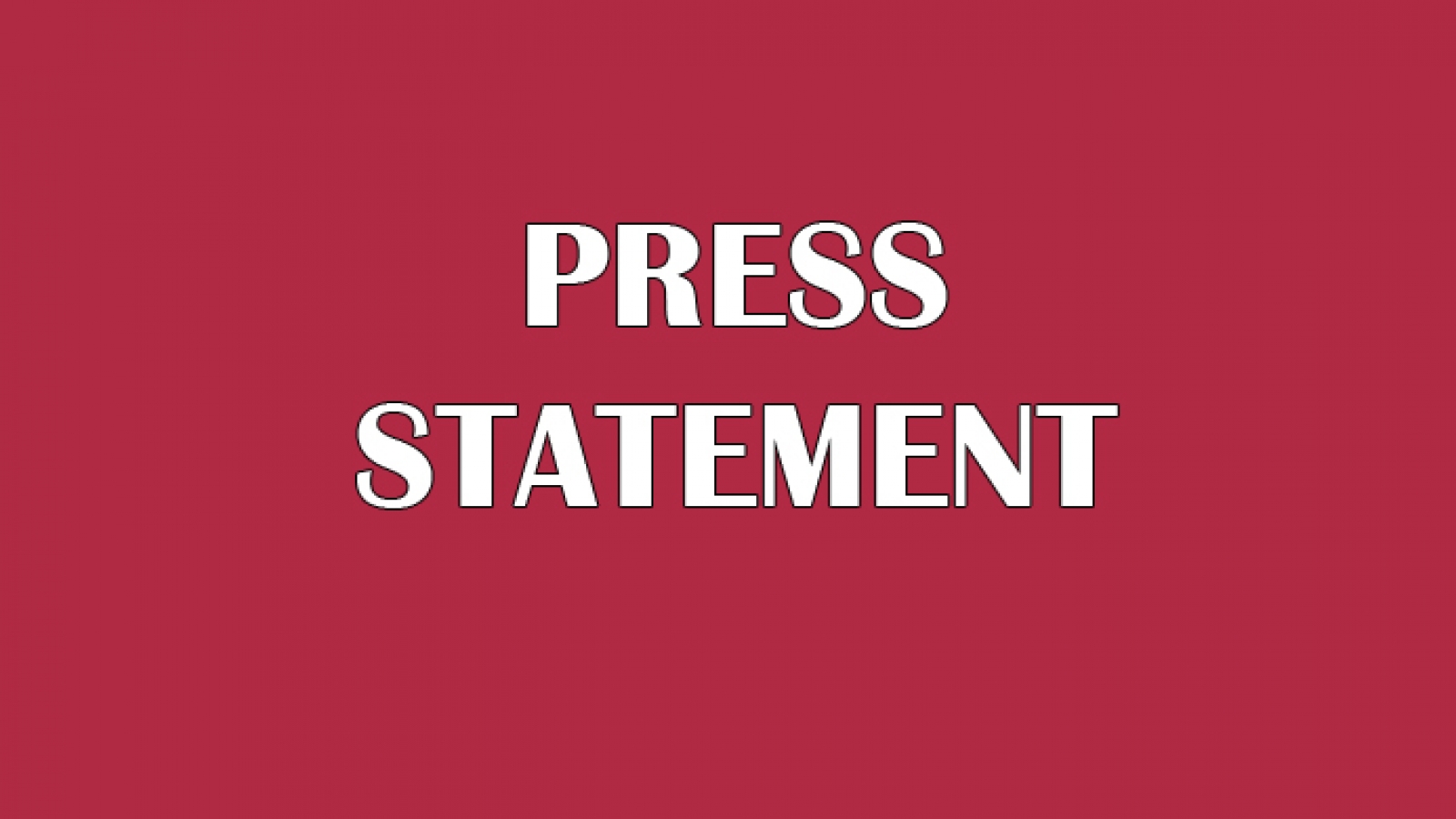KUALA LUMPUR, Jan 21 — The Human Rights Commission of Malaysia (Suhakam) has called for immediate legal remedy to conversion involving minors after receiving complaints of indigenous children in Sarawak being forced to observe Islamic rituals.
Suhakam said much of the problem stemmed from interfaith marriages in which one of the spouses no longer wishes to practise Islamic teachings, often leading in their children being registered as Muslims despite being raised as followers of other faiths.
Critics have long cited the legal wrangle around the wedlock between partners of different faiths as the root cause of many explosive interfaith disputes that have strained race relations over the years.
“There were issues like pupils being forced to wear the baju kurung and veil just because Islam is stated in their MyKad,” the commission said in a Zoom press conference.
“They are also forced to attend religious classes at both the primary and secondary school level when in reality they never practiced Islamic teachings since they were young,” it added.
“This is a problem that in most cases arises from the divorce of parents who are Muslims (merely) by marriage. At the end the children become victims.”
Malaysia requires its citizens to carry identification cards which has their faith stated on it.
But vague policies and the politicisation of religion have led to conflicting administration on registration matters, often with severe ramifications for minorities, their children and even non-Muslim natives despite their special status as Bumiputera, rights groups have pointed out in the past.
Suhakam cited various complaints in Sarawak where indigenous people have had their Mykad stated Muslim by mistake because their names have bin or binti, common among Christian Bumiputera who practise their faith in Bahasa Melayu, the national language.
“When a few individuals of indigenous ethnicities or communities wanted to change to a new MyKad, applicants who are not Muslims or have never practiced the Islamic faith have their status changed to Islam (Muslim) just because their names have bin or binti,” it said.
Commissioner Madeline Berma noted the problem is usually human error on the part of JPN.
“It’s a straightforward administrative issue,” Berma said at the press conference.
“We’ve spoken with the Minister of Religious Affairs (Datuk Zulkifli Mohamad) and he told us it’s an administrative issue,” she added.
Suhakam said the complaints again underscored the need for clear laws to address interfaith matters particularly around conversion.
It also called for clear guidelines from the Education Ministry to prevent minority children from being forced to attend religious classes.
Rights groups alleged previous Barisan Nasional administrations lacked the political will to solve the matter for fear of upsetting its Malay-Muslim powerbase.
In 2017, the BN administration withdrew a landmark Bill from Parliament that would have prohibited the religious conversion of children to Islam with the consent of just one parent following protest from conservative Muslims.




